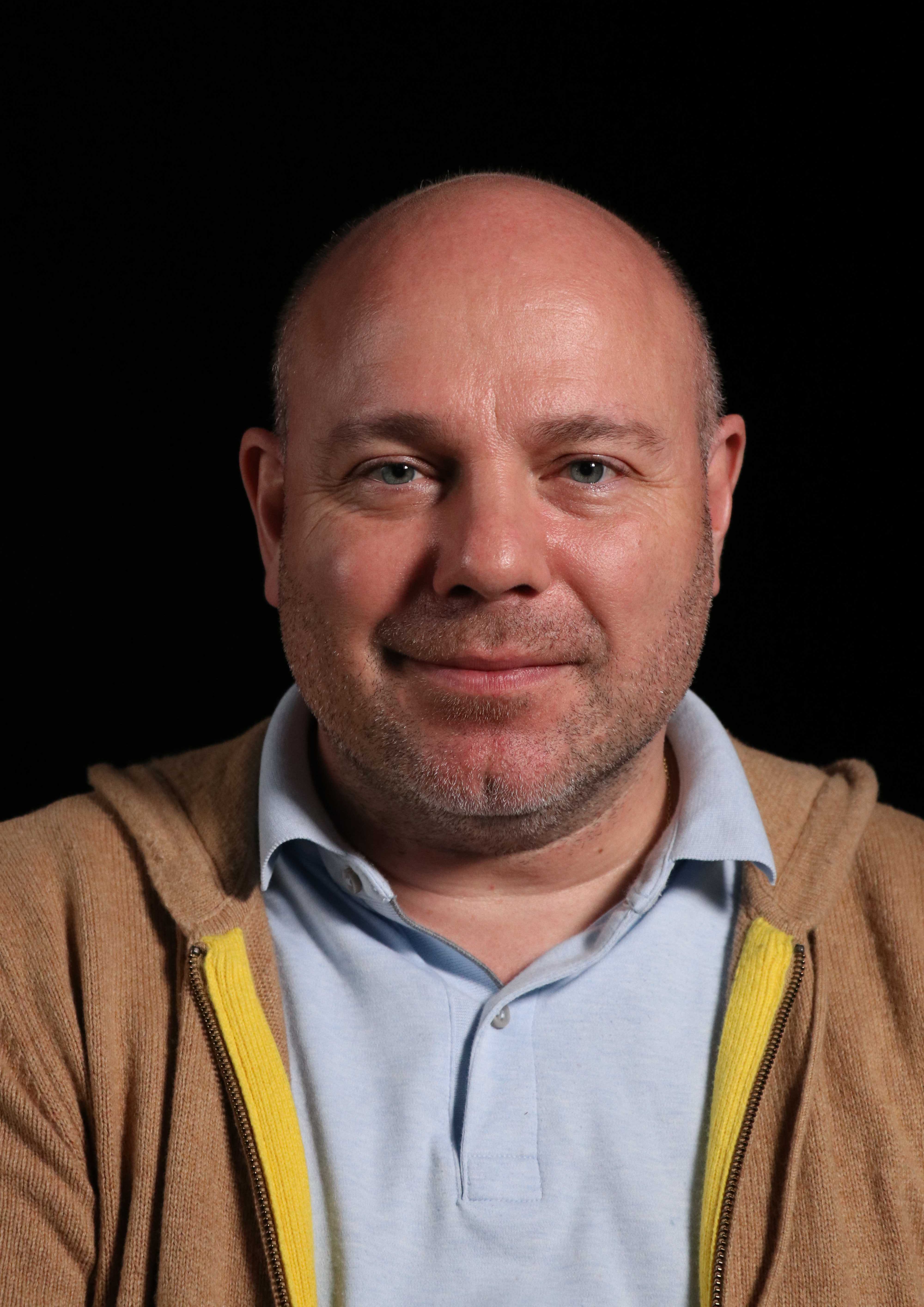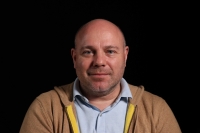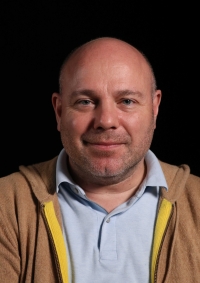The communists did not break the Baťa´s soul of Zlín

Stáhnout obrázek
Jiří Devát was born on 2 November 1969 in Ústí nad Labem, but grew up in Zlín, then called Gottwaldov. He was keen on theatre and film activities. While he was still a grammar school student, filming a music video clip next to the podium of the May Day parade earned him his first interrogation by State Security (StB). The next interrogations followed in 1988 for organizing a student film festival - at that time he was already studying at the Faculty of Technology of the Technical University of Zlín. He was one of the student leaders of the Velvet Revolution. As a member of the strike committee of the Faculty of Technology, he participated in negotiations with the faculty management and also represented the students in the Civic Forum (OF). He became one of two spokespersons of the Zlín OF, spoke at demonstrations. He was a member of the OF delegation that welcomed Tomáš Baťa Jr., the son of the founder of the Zlín shoe company, to Zlín on 16 December 1989. In March 1990, he left for a trip around Europe and never returned to political work. He completed a study internship in Japan, graduated from the Technical University, and later he studied in Melbourne. After returning from Australia, he worked his way up to the position of CEO of Microsoft for the Czech Republic and Slovakia within three years, and at the age of thirty-one he made it to the top of economic management.

